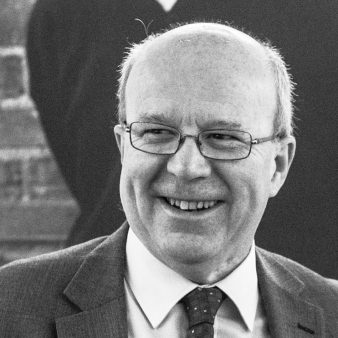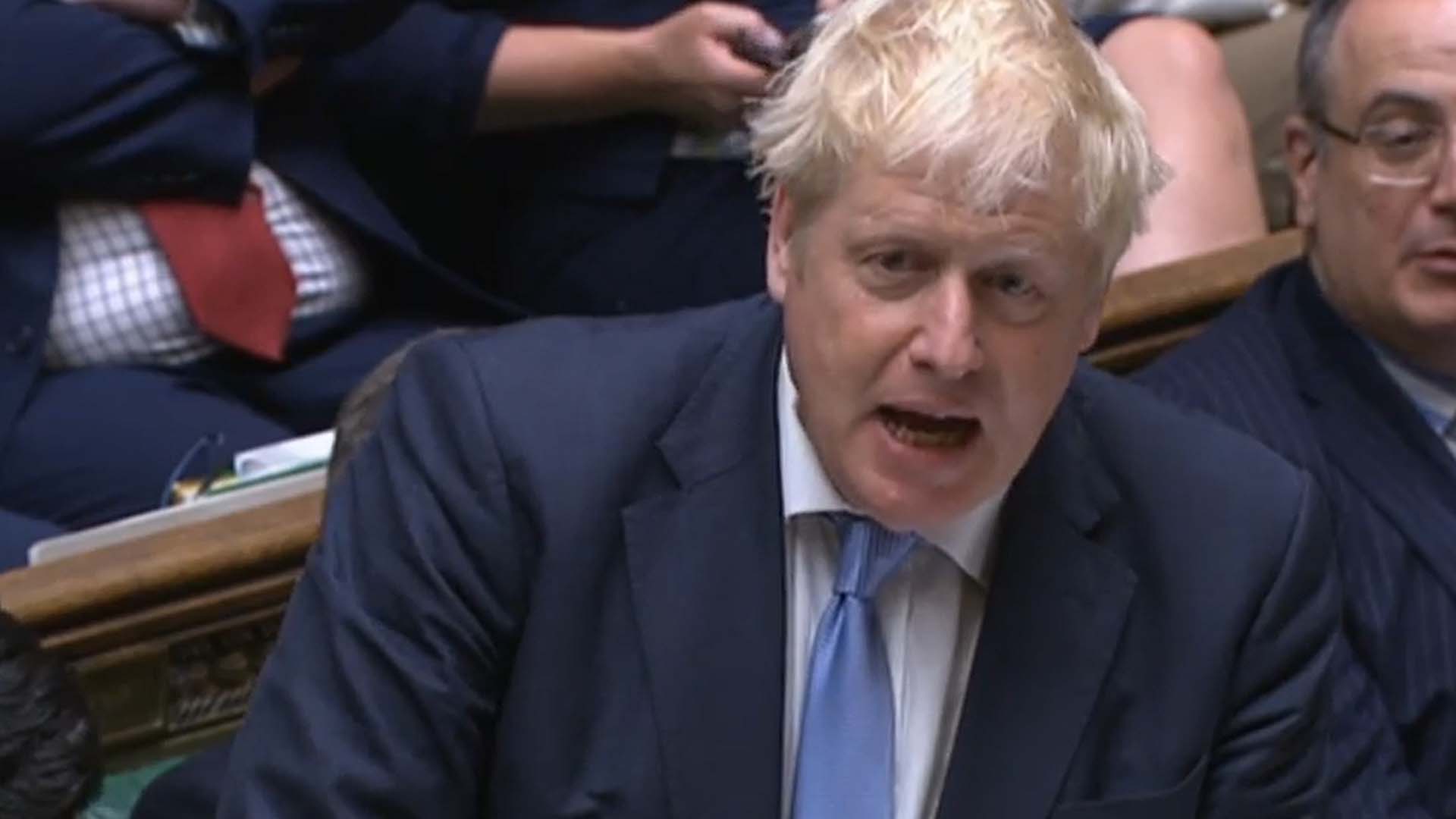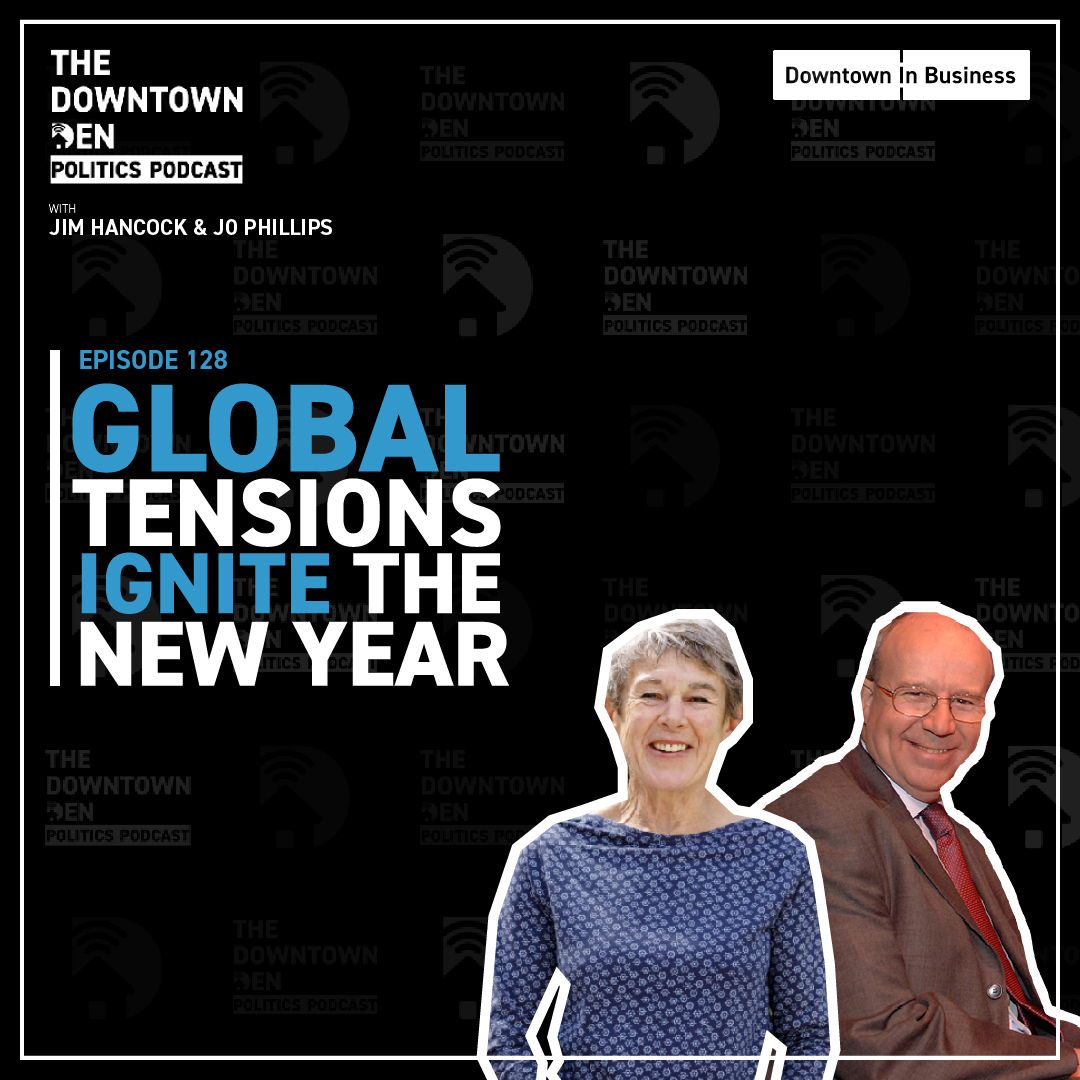The leaders of China and Russia are sceptical about western democracy. Do they have a point? After twenty years of debate and uncertainty about what to do about social care, the government rammed their proposals through in just one day in parliament this week.
The controversial measure which is likely to set the framework for how we care for the frail for years to come, has been subject to brilliant political manipulation but not parliamentary democracy.
Last week’s initial vote was bundled up with increased funding for the NHS which was difficult to oppose. This week all the Commons stages were taken in one day. Why the rush. There could be plenty of parliamentary time except that the House is about to rise again until October 18th for the party conferences having just come back from the summer break.
The rush is to prevent proper scrutiny and to avoid rebel Tories getting up a head of steam.
The number of Tories voting against the measure was small. Only Tatton Tory Ester McVey from our patch opposed the concept of the Conservatives being the party of low tax disappearing over the horizon.
There are plenty of unanswered questions after this unseemly rush. Will social care ever get priority over NHS spending? Will the quality of care improve? Will people think National Insurance hikes are fair? We will see, but at least the Tories have put their cards on the table whilst Labour remains paralysed with indecision.
LONG LEESE
A quarter of a century is a long time to be leader of anything, probably too long. However, one can’t say Sir Richard Leese’s final years have made it obvious that he should go. From the time he came into office when Manchester was shaken by the IRA bomb, through the setting up of the Northern Powerhouse, elected Greater Manchester mayor and the pandemic, he has been a steady hand at the wheel.
There have been few signs of discontent in a party that is normally very willing to wash its dirty linen in public. That does not mean that the business community in particular is likely to notice a change when the new leader is elected.
Leese has been described as the developer’s friend. In partnership with former Chief Executive Sir Howard Bernstein, the city centre has been transformed into the major business hub of the North.
But beyond the Mancunian Way, well that’s a different story. The statistics in the area of affordable housing and social inequality are issues that are likely to receive more attention from the new leader with less priority on building the next skyscraper or yuppie flats. The front runners are the deputy leaders. Bev Craig would be the first woman leader in Manchester and Luthfur Rahman the first BAME leader. A source tells me not to rule out Old Moat councillor Garry Bridges whilst the idea that 72-year-old Bernard Priest might be elected as a stop gap whilst longer term thoughts are given to the leadership, are largely discounted.














